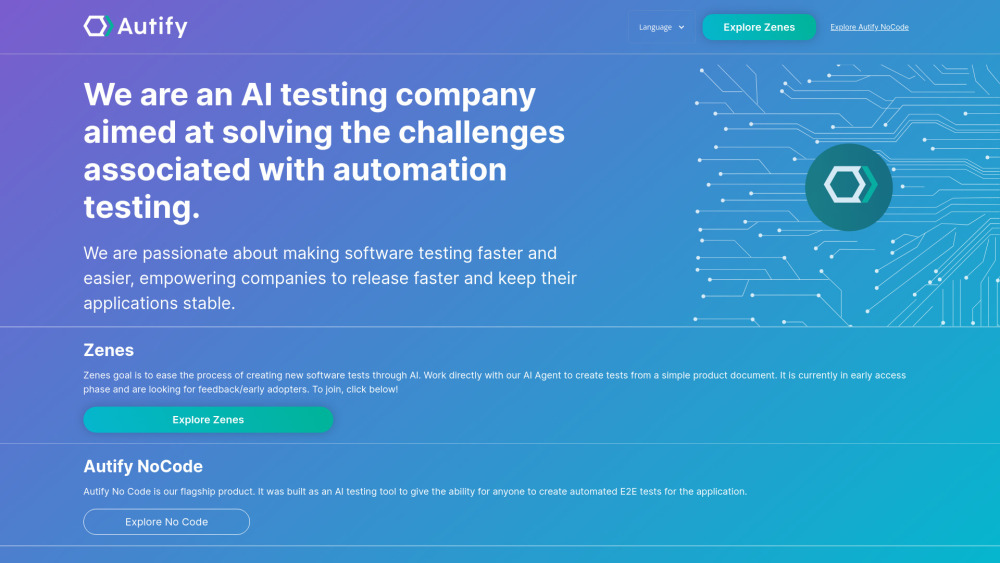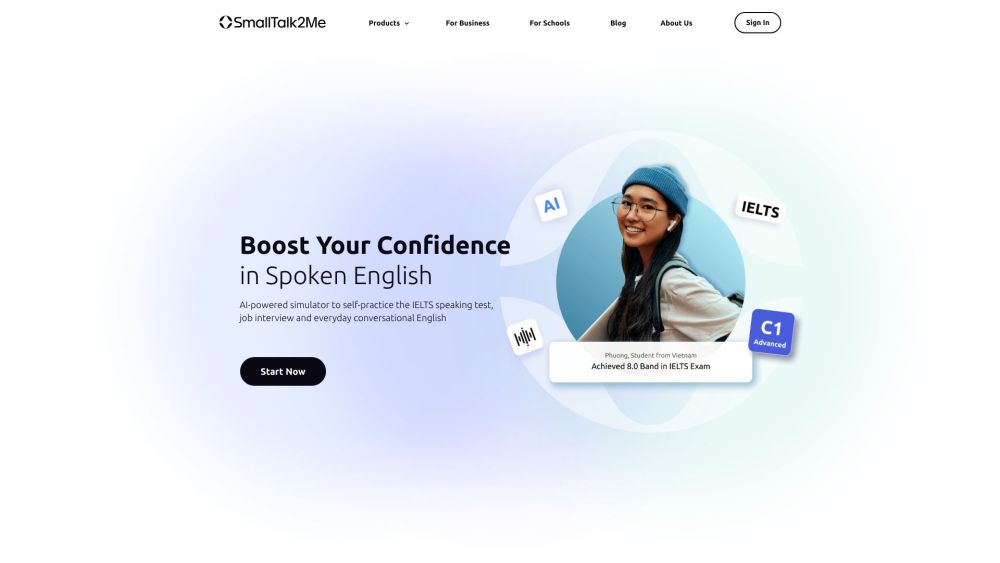Amazon Enhances Alexa's AI for More Natural Conversations
Most people like

般若 AI is an artificial intelligence product that generates various text content through large language models and also features AI drawing capabilities.

Introducing our cutting-edge, AI-powered software testing automation platform designed to revolutionize the way you manage and execute software tests. By leveraging the power of artificial intelligence, our platform streamlines the testing process, ensuring enhanced accuracy and efficiency while reducing manual effort. Unlock the potential of seamless software testing and elevate your development cycles with our innovative solution. Experience faster releases, improved product quality, and a significant boost in productivity with our advanced automation technology.

Discover the best ChatGPT alternatives for enhanced AI chat capabilities! Engage in dynamic conversations and elevate your communication experience with advanced chat solutions tailored to your needs. Whether you're seeking innovative features or superior performance, explore these powerful options for transformative interactions.
Find AI tools in YBX


